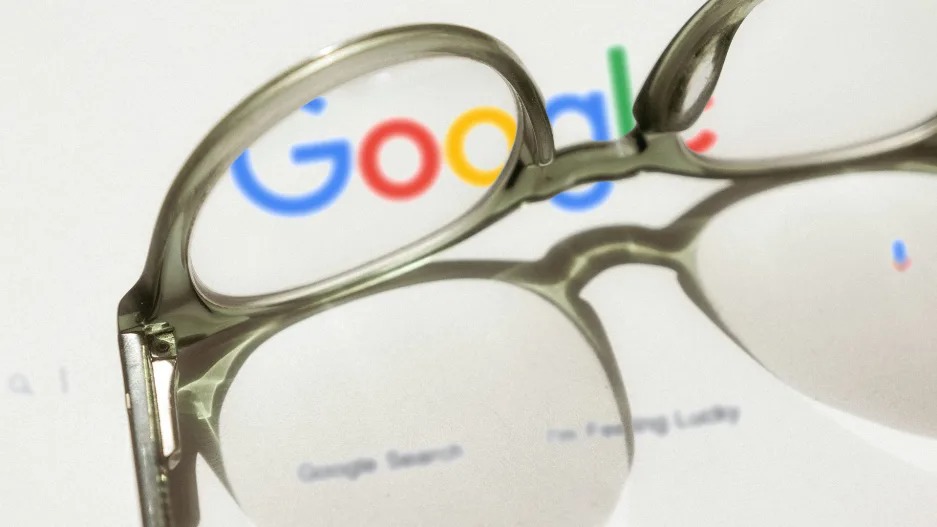- | 9:00 am
Is Google getting worse? This is what leading computer scientists say
It’s not just you—the search engine superpower does have a spam problem, a new study claims.

You’ve heard this claim before, but a new study lends academic credence to the common refrain that “Google is getting worse.” For a paper that’s being presented at March’s European Conference on Information Retrieval, a team of German researchers googled some 7,392 search terms once a week for a year. And they say the site, which is responsible for 90% of all search queries worldwide, does indeed appear to be losing the war against low-quality SEO spam.
Internet users have complained about the “supposedly decreasing quality of search results” for years, they write, adding it “is often attributed to an increasing amount of search-engine-optimized but low-quality content.” Until now, proof has been largely anecdotal—though nobody’s ever argued it was “unreasonable” to blame Google’s online marketing strategies for this decline.
Their paper set out to “systematically investigate for the first time whether and to which degree ‘Google is getting worse’” by studying changes in search results over the course of a year. They compared Google to Bing and DuckDuckGo, as well, and the findings showed that on average, higher-ranked pages are “more optimized, more monetized with affiliate marketing, and . . . show signs of lower text quality.” Furthermore, they contend it’s unclear what Earth’s search superpower can do to thwart this trend.
Spam sites succeed by gaming the system. Even if Google tweaks its algorithm to demote bad actors, this proves to be a stopgap that only has “a temporary positive effect,” the paper states, because the spam sites are constantly finding creative new ways to climb back up in the rankings. It’s “a constant battle,” the authors say, of search engines losing a “cat-and-mouse game that is SEO spam.”
In a statement, Google told Fast Company this specific study only looked “narrowly at product review content,” which meant it missed “the overall quality and helpfulness of Search for the billions of queries we see every day.” A spokesperson added the company also continues to prioritize reducing unoriginal, low-quality content, which it identifies partly through the feedback of users who report websites in search results that are unhelpful.
Still, who hasn’t googled something seemingly straightforward, only for Google to crowd the screen with a sea of sponsored links, its “experimental” new generative AI feature, and that big, befuddling, interactive “People Also Ask” box? Those obstacles to combing through organic search results were outside the scope of the study, which instead jumped directly into assessing the quality of results themselves. Yet, starting from even that narrower focus, the authors write “a torrent of low-quality content, especially for product search, keeps drowning any kind of useful information in search results.”
Proclamations that “Google is getting worse” are ancient by this point in internet years. People have claimed to observe Google Search’s decline ever since paid advertisements began pushing the list of blue hyperlinks further down the page.
“A search for healthy toddler snacks is overloaded with sponsored product placement, prompts to engage with ‘more questions’ (How do you fill a hungry toddler? ‘Meat and Seafood. Bring on the meat!’), and endless, keyword-engorged content,” Charlie Warzel wrote in a recent Atlantic piece called “The Tragedy of Google Search.” “Using Google once felt like magic,” he added, “and now it’s more like rifling through junk mail, dodging scams and generic mailers.”
Former Yahoo CEO Marissa Mayer—an ex-googler herself—explained in 2022 that if Google Search has gotten worse, it’s because the internet has too. Whether they agree or not, others argue the search engine is buckling under all this pressure, yielding results that may oscillate between unhelpful and outright inaccurate, and inspiring a search habit where some users even started appending “reddit” in hopes of improving their results.
The study’s researchers acknowledge that Google typically outperformed the other search engines. But, as they put it, “there is still quite a lot of room for improvement,” especially with AI-generated content growing into more of a norm. They warn “the line between benign content and spam” will become “increasingly blurry” under AI, an infinite spout of deepfakes, artificial images, and chatbot text. Just this past September, the top Google Search result for the 1989 photo of Tiananmen Square’s iconic “tank man” was a fake image created by AI, which showed him preoccupied with snapping a selfie.







































